What you say doesn’t matter, what they do does
In my experience, when most people start preparing for a speech or presentation, they begin with an inward orientation.
It’s as though the entire preparation process is a response to the question, “what am I going to say?”
If you want your next presentation to have a big impact, this is not the most useful question to ask.
If you’re a professional (meaning you work in the professions) and you’re a professional (meaning you execute your role with calculated competence), you don’t speak for plaudits. You don’t speak for adulation. You definitely don’t speak to reinforce your ego.
You speak to create positive outcomes.
The truly professional way to prepare for a speech or presentation is with an outward orientation. Personally, I like to start with the question “what are they going to do?”
A professional who speaks has a plan in which the presentation is just one (crucial) step. The plan is a journey prepared for potential clients to follow.
A plan for them to grow familiar with and comfortable with you and you firm, to identify a problem you can help them solve (or an aspiration you can help them attain), and finally to formalize a commercial relationship that is mutually beneficial.
The professional knows where in this journey the audience currently sits, and what actions they’d like the audience to take next in order to get closer to their commercial goals.
If you’re speaking to a crowd of strangers, then the answer to “what do I want them to do?” might be “understand the problems I can help them solve, and reach out to me to start a conversation”.
If you’re speaking to a crowd of neighbors and friends (e.g. past clients, or people who are already familiar with you and your work), then the answer might be “understand the true costs of a problem, and escalate the conversation internally”.
When you know what you want your audience to do in response to your presentation, then you can start to think about what you might say in order to inspire them to action.
P.S. — If you know a professional (accountant, consultant, economist, engineer, lawyer, researcher, etc.) who speaks to drive commercial goals (or they should), please send them the link to this article.
If you’ve been sent here by a friend and found it useful, you can sign up to the Fink Tank here.


